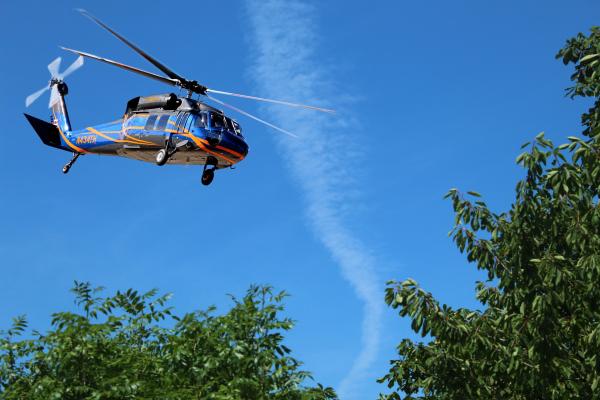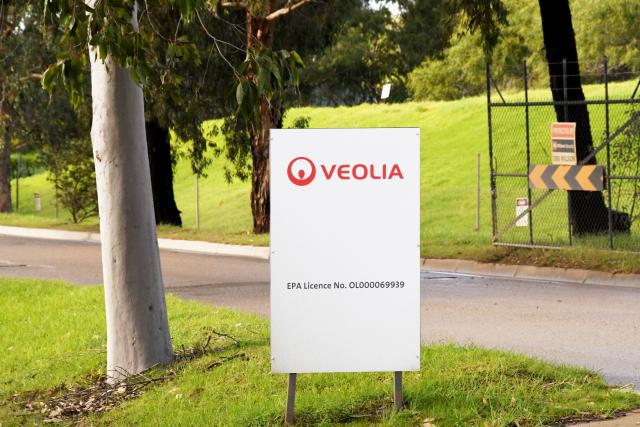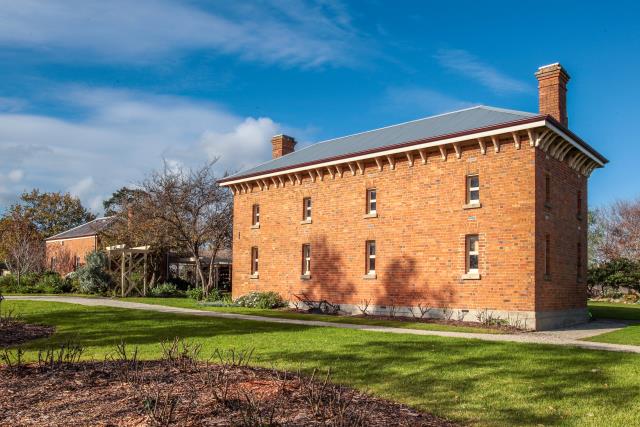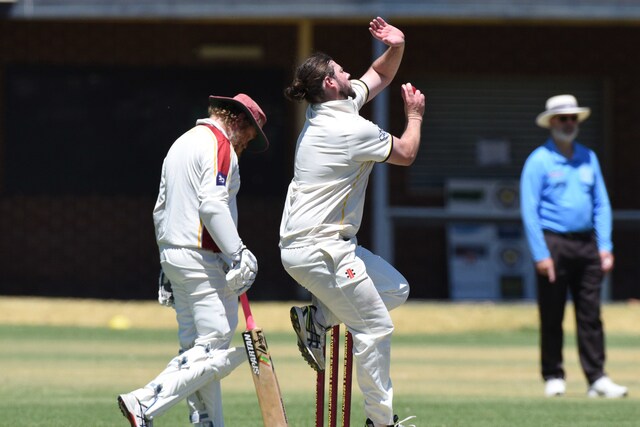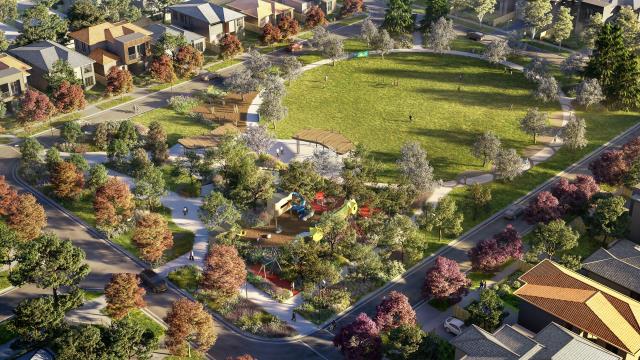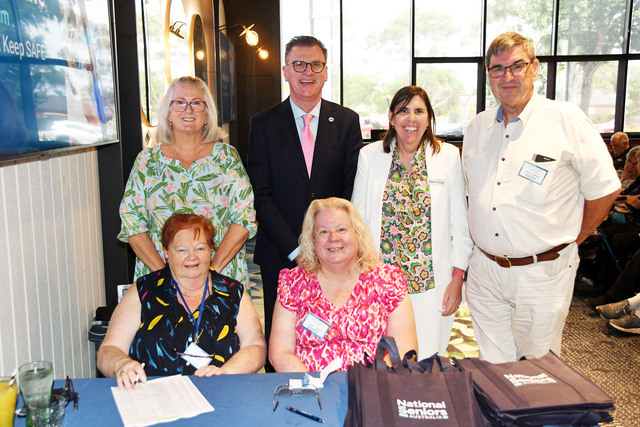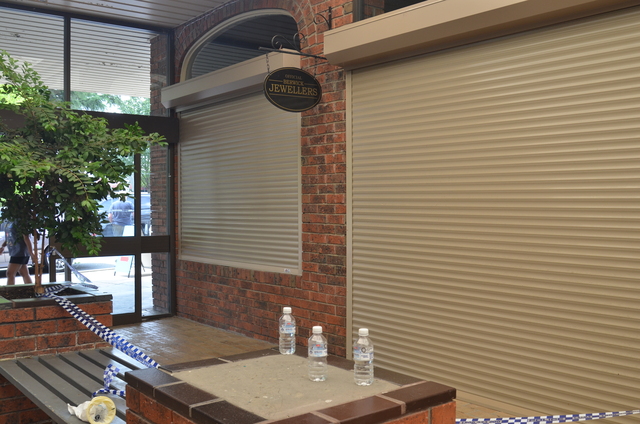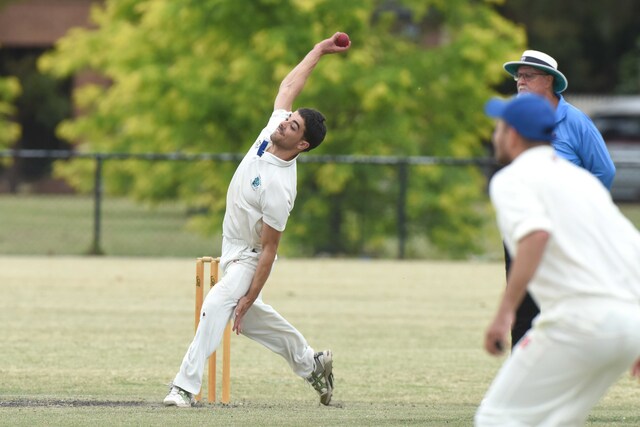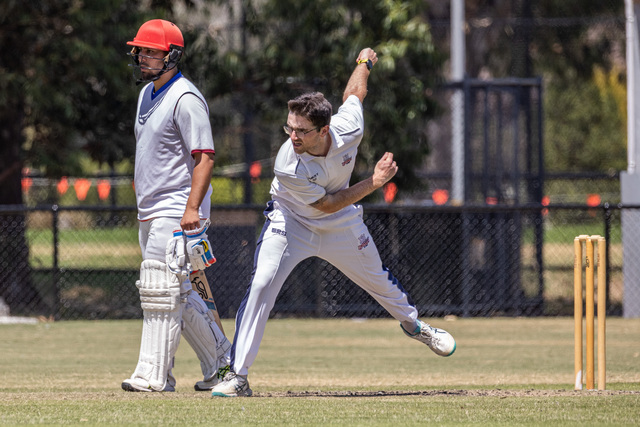The Victorian Civil and Administrative Tribunal has refused an application for a permit to use a Narre Warren building as a helicopter landing pad.
VCAT’s decision follows the City of Casey’s refusal to grant a planning permit for the landing pad last year.
The case first came to light in October 2019 when JNJ Investments, which is constructing a series of three-storey office buildings on the corner of Victor Crescent and Verdun Drive in Narre Warren, sought an amendment to its council-granted planning permit to allow for the construction of a helipad on one of its office buildings.
In April 2020, the council refused the amendment largely due to the expected noise of helicopters taking off from and landing at the site.
But JNJ took the case to VCAT for a review of the council’s decision.
On Monday 9 August, VCAT Senior Member Ian Potts heard the helicopter landing pad would be 22 metres by 20 metres in size, located on the eastern side of the three-storey office building.
It was proposed the helicopter flights would only operate on weekends, with no more than three arrivals and three departures each day.
JNJ proposed the helicopters would be less than two tonnes in weight, including crew and passengers.
The helicopters would provide a “chartered transport option” for people travelling to and from Melbourne, the company submitted.
In making his decision, Mr Potts considered the impact of the noise of the aircraft on nearby sensitive land, a designation that includes accommodation, child care, education and hospitals.
JNJ also ran into opposition from its neighbours, in particular electrical company Middy’s.
Along with the council, Middy’s parent company Midlec Properties Pty Ltd said the noise of the choppers would have an “adverse and unreasonable impact” on the area during take-off, landing, approach and flying overhead.
Midlec and other respondents also expressed concern about the safety of having a helicopter operating in the area.
But JNJ submitted that its plan complied with noise control guidelines.
Mr Potts was satisfied that JNJ’s application – with a limited number of flights on weekends only – would meet the necessary noise requirements and separation distances from sensitive nearby land.
But he found fault with the application when considering the land use permitted under the area’s planning scheme.
Midlec highlighted the variety of uses permitted in the area which is being developed into a CBD-style precinct with potential for leisure, gyms, cafes, retail and office buildings.
Mr Potts found it was likely many of the future uses of the area would fall into the sensitive land category, which would conflict with the helicopter landing pad.
Ultimately, he found that “permitting the helicopter land site would be an unacceptable planning outcome”.

